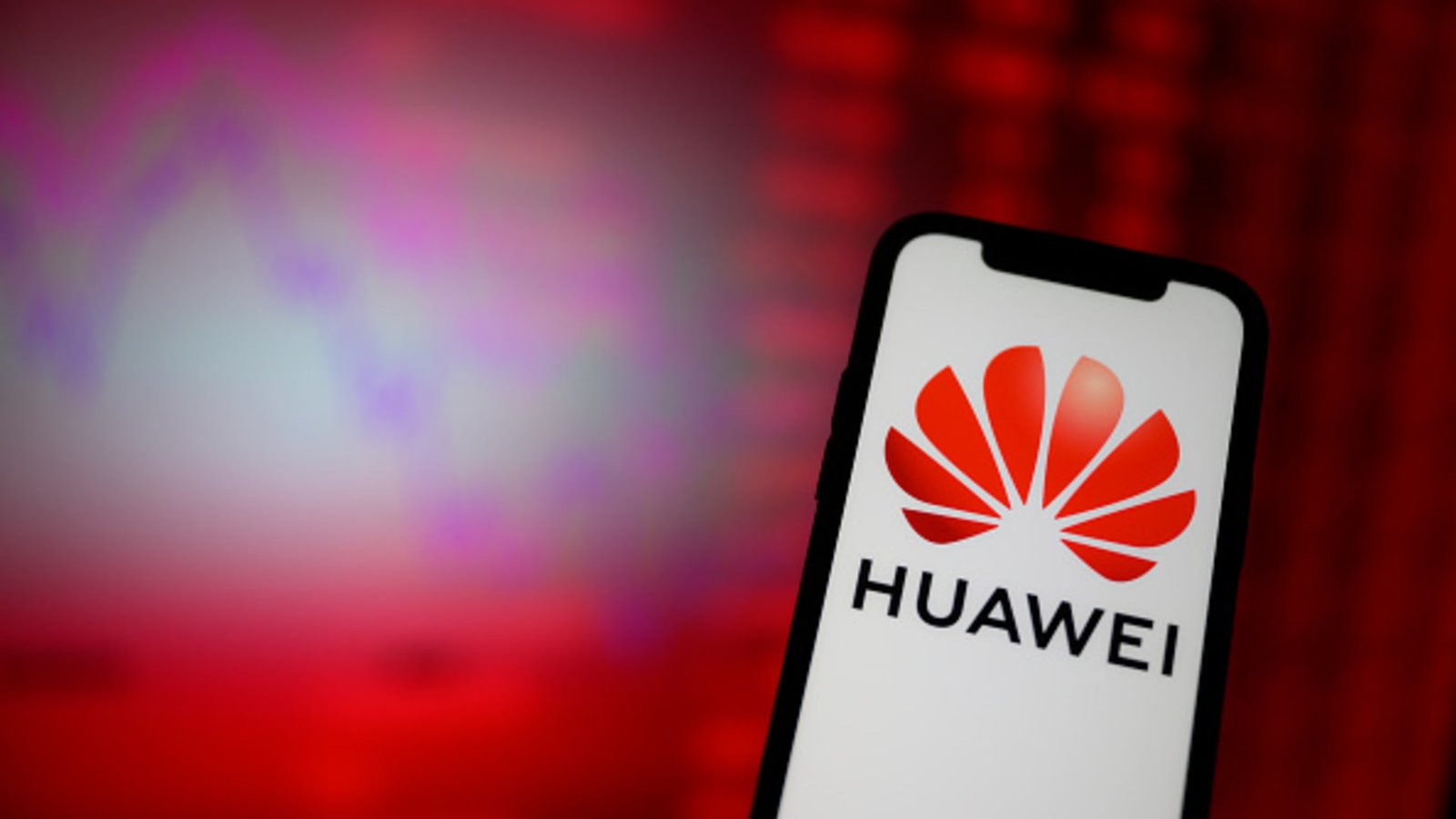Taiwan just dealt a major blow to China’s tech ambitions. The island nation added Chinese giants Huawei and SMIC to its trade blacklist, marking another escalation in the global semiconductor war.
The move puts both companies on Taiwan’s Strategic High-Tech Commodities Entity List, alongside hundreds of their international subsidiaries. Now Taiwanese firms need special licenses before shipping anything to these blacklisted entities.
Taiwan’s International Trade Administration didn’t mince words in its statement. Huawei and SMIC made the cut among 601 newly blacklisted foreign entities due to "arms proliferation activities and other national security concerns."
This isn’t completely new territory. Both companies already face U.S. trade restrictions. Taiwan Semiconductor Manufacturing Company, the world’s largest contract chipmaker, already follows Washington’s export controls. But Taiwan’s domestic blacklist adds another layer of restrictions.
"The addition of Huawei and SMIC to the Taiwan blacklist is likely aimed at the reinforcement of this policy and a tightening of existing loopholes," Ray Wang, an independent semiconductor analyst, told CNBC. The new controls could also mean harsher punishments for future violations.
The timing matters. Last October, TSMC found itself in hot water when researchers discovered one of its chips inside a Huawei AI training card. The U.S. Commerce Department responded by ordering TSMC to halt Chinese clients’ access to AI chips. TSMC now faces a potential $1 billion fine to settle the U.S. investigation.
Huawei has been scrambling to create alternatives to Nvidia’s AI chips. But export controls and China’s limited domestic chip capabilities have slowed progress. Still, the company managed to stockpile millions of GPU dies from TSMC before loopholes were closed, according to Paul Triolo from DGA-Albright Stonebridge Group.
A die is basically a small piece of silicon that forms the foundation for processors. It contains all the tiny circuits needed for computing.
Brady Wang from Counterpoint Research expects minimal direct impact on TSMC’s business. But the symbolic weight is huge. "It underscores the Taiwanese government’s intention to align more closely with international efforts — particularly those led by the U.S. — to curb the transfer of advanced technologies," he explained.
Smaller Taiwanese companies might feel the squeeze more. IC design houses and component suppliers with indirect Chinese ties now face "tighter scrutiny and increased compliance obligations," Wang added.
The broader context can’t be ignored. Taiwan and China remain locked in escalating tensions. Beijing considers the democratically governed island its territory and threatens reunification by force if necessary.
Washington backed Taiwan in April, reaffirming its commitment to support the existing status quo as China conducted military exercises near the island. China’s response was predictable. Top political adviser Wang Huning repeated Beijing’s line this weekend, calling for national reunification with Taiwan and opposing Taiwan independence.
The semiconductor industry sits at the center of this geopolitical chess match. Taiwan controls the world’s most advanced chip production. China desperately needs those chips for its AI and military ambitions. And the U.S. wants to keep cutting off China’s access.
Taiwan’s latest move shows it’s picking sides. The island is tightening the screws on Chinese tech giants, even at potential economic cost. Each new restriction pushes the two sides further apart in what’s become a high-stakes technology cold war.



